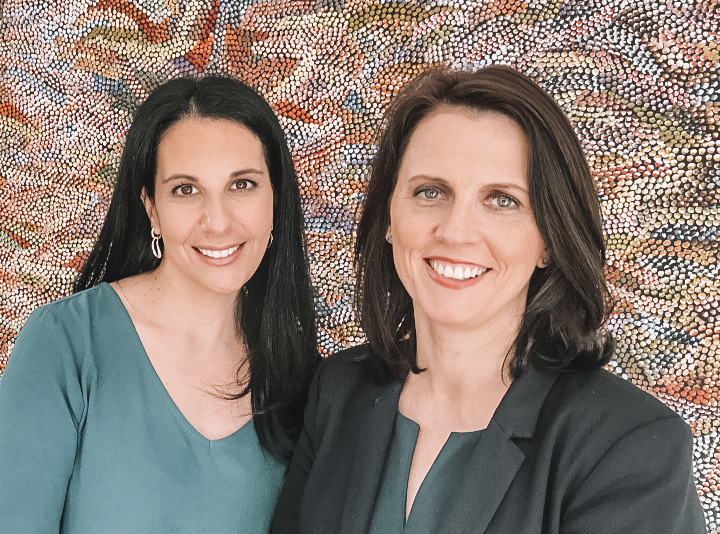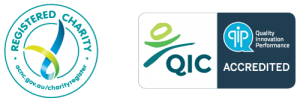
Name
Role
Registered and endorsed organisational psychologist, and Co-Founder/Director of Transitioning Well.
Organisation
What are you/your organisation currently focusing on in terms of workplace health and wellbeing?
As with all businesses, we have had to pivot to meet the changing needs of organisations and their people in the pandemic. COVID-19 has been instrumental in opening up important conversations about wellbeing in the workplace, and employers are recognising that the demands on the business and individual workers are ever changing. Businesses have had to react in real time and provide additional vital support to their people.
Transitioning Well has been inundated with requests for support, with our most popular webinars focusing on the topics of “Languishing”, “Couple Navigation”, “The Loneliness of Lockdown” and “Working from Home with Children and Others”. Employers are keen to provide this additional support to their teams, and open up important wellbeing conversations around the challenges and opportunities that so many of us are facing at this time.
We have also been providing support to HR practitioners, to help them facilitate conversations with their teams, and implement policies and procedures to accommodate the changes. Building consistent leadership capability to navigate this time has also been a part of the important work that we have been doing.
We have recently been successful in a government grant which will allow us to expand our Victorian Perinatal Workplace Wellbeing Program nationally. Alongside this, we’ve also partnered with The Father Hood (TFH) providing further support for workplaces to engage and support their working dads. Working with companies like L’Oreal and LinkedIn, TFH are leaders in engaging men in the workplace and we can’t wait to see the ripple effect in other organisations stepping up to support their dads – particularly at this time!
What aspect of workplace health and wellbeing does your organisation do well in?
At Transitioning Well we are leaders in work-life wellbeing – those moments of truth when life meets work including: early career, working parent and carers support, and late career and retirement.
As mentioned above, supporting workplaces and their people through the pandemic has become a high priority for the business. We’ve delivered over 300 webinars since the global health crisis began to businesses such as Qantas, SEEK, and Multiplex. As we’re an agile business, we’ve been able to pivot quickly to meet the increasing and unprecedented demand for COVID-specific workplace support. This is in part to our large team of national registered and organisational psychologists who are thought leaders at the forefront of the latest research.
What’s your biggest challenge working in workplace health and wellbeing?
In 2021, I’d say technology! Our focus now is digital transformation. As our business has grown over the last decade, we’ve seen the need to upgrade our systems, processes, and bring in specialised support and new hires to support our long-term digital goals. Like in any industry, people have expectations around fast and seamless experiences and my co-founder and I are really excited about working on the business just as much as working in the business.
How does WayAhead Workplaces add value to your organisation’s health and wellbeing program?
Like WayAhead Workplaces, our mission is to work alongside leading organisations to help reimagine and redefine the intersection between work and life.
Being a WayAhead Workplaces member allows us to be part of a network of similar minded organisations aligned to advocate for the importance of wellbeing at work. It also provides us the incredible opportunity to support one another on this journey in the sharing of resources and lessons learned at the coalface.
How do you deal with stress?
Exercise is one of my non-negotiables as it helps me to relieve stress. In lockdown when the days can blur into one another, I use weekends as my sacred recovery time, avoiding work as much as possible!
The Transitioning Well team is also participating in Steptember this month and it’s been a great opportunity to establish a more regular exercise routine and focus on my physical wellbeing.
What are the key issues and considerations for people in workplace health and wellbeing roles?
I think it has to be looking after our own mental health. It’s the oxygen mask analogy, to fit your own mask before helping others.
We know that people are working really hard, but they’re just not taking the recovery time they need to refuel. This is leading to burnout, and for leaders and HR at the coalface, they are dealing with a myriad of new psychological hazards with no roadmap. It can take its toll if work-life boundaries aren’t managed well.
How do you switch off from work?
I’ve found keeping up my daily rituals are a really useful way to help punctuate the day and hours spent in lockdown. For many of us, working from home has meant we’re working more. We take less breaks, and don’t have the daily commute each way to help us transition out of work mode.
Now this is missing, I try to down tools in the afternoon and take my two kids out for a walk at the end of the day. It helps them switch off from devices and allows me to switch off and be present too. One ritual I’ve also had for years, and also taken into lockdown, is to change out of work clothes and into pyjamas once I’ve finished work for the day. It signifies I’m no longer working, and the kids know that once I’m in my pjs, I’m in ‘mum mode’.
What is your best time-saving tip?
For me, I focus on energy management over time-saving. Each morning, I determine what are my key priorities for the day, and keep coming back to that every time my attention is drawn elsewhere.
Another useful strategy I use is to triage what is important versus what is urgent. We touch on this strategy in our Work-Life Transition Tactics workshop; it’s breaking up your day or project into smaller manageable tasks rather than becoming overwhelmed by all the things you have to do. It’s asking yourself what is my next right action, and prioritising and focusing on that.
What do you think the future of work health and wellness programs look like
As an Organisational Psychologist, it has been encouraging to see the many changes come about from the challenges that businesses have faced over the last 18 months as a result of COVID-19. We have spoken with many leaders who are looking to utilise this opportunity to create change within their organisation. This group want to place a greater focus on holistic employee wellbeing moving forward, and strategies in development include:
- A better balance of work-life responsibilities (made possible by changes to leave policies, and the promotion of flexible working initiatives).
- An increased focus on psychological safety in the workplace, and the creation and implementation of strategies to promote this from a prevention led approach.
- Endorsement by employers of general health maintenance (physical and mental).
- The provision of additional training to those responsible for implementing the above initiatives.


